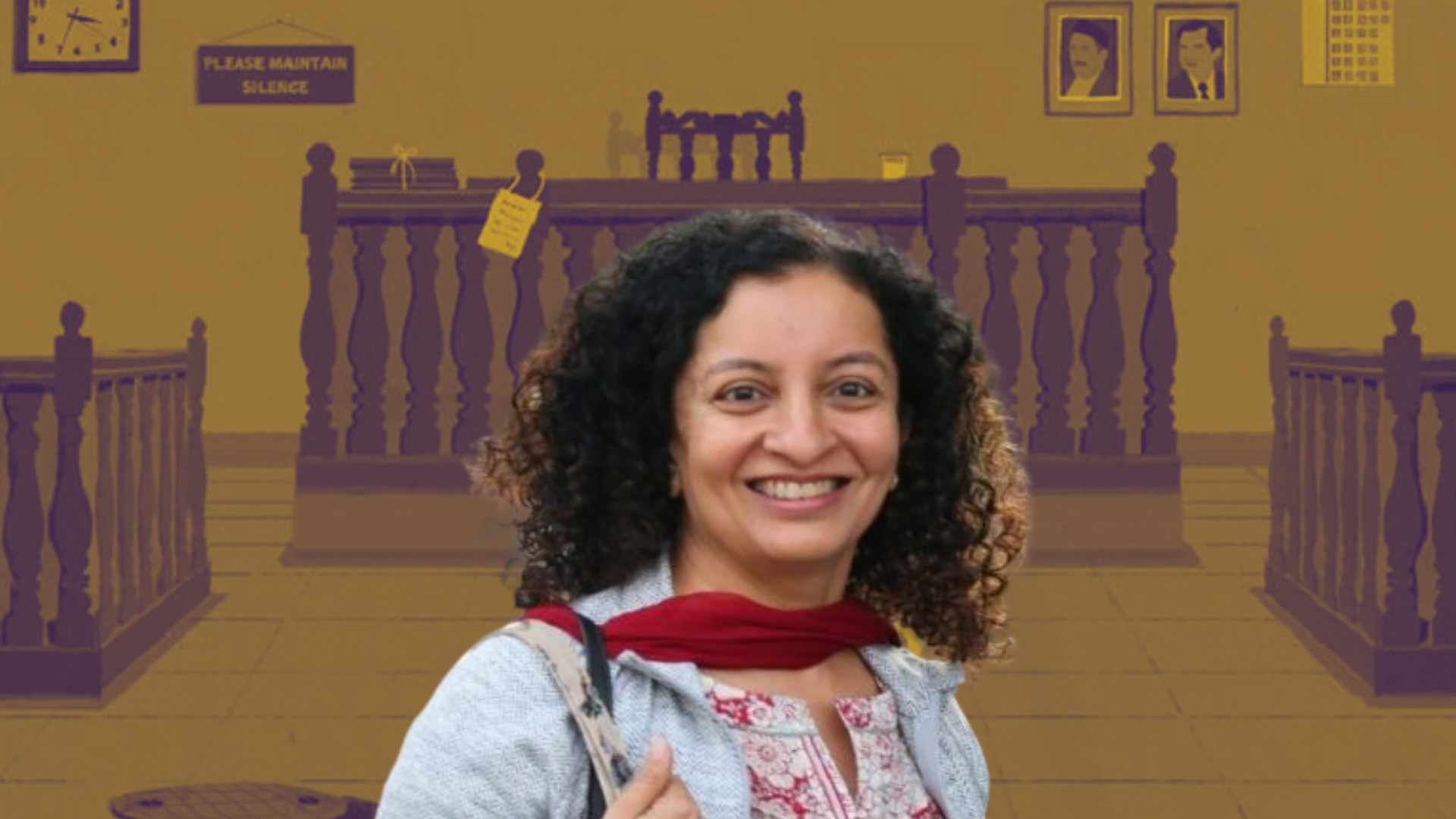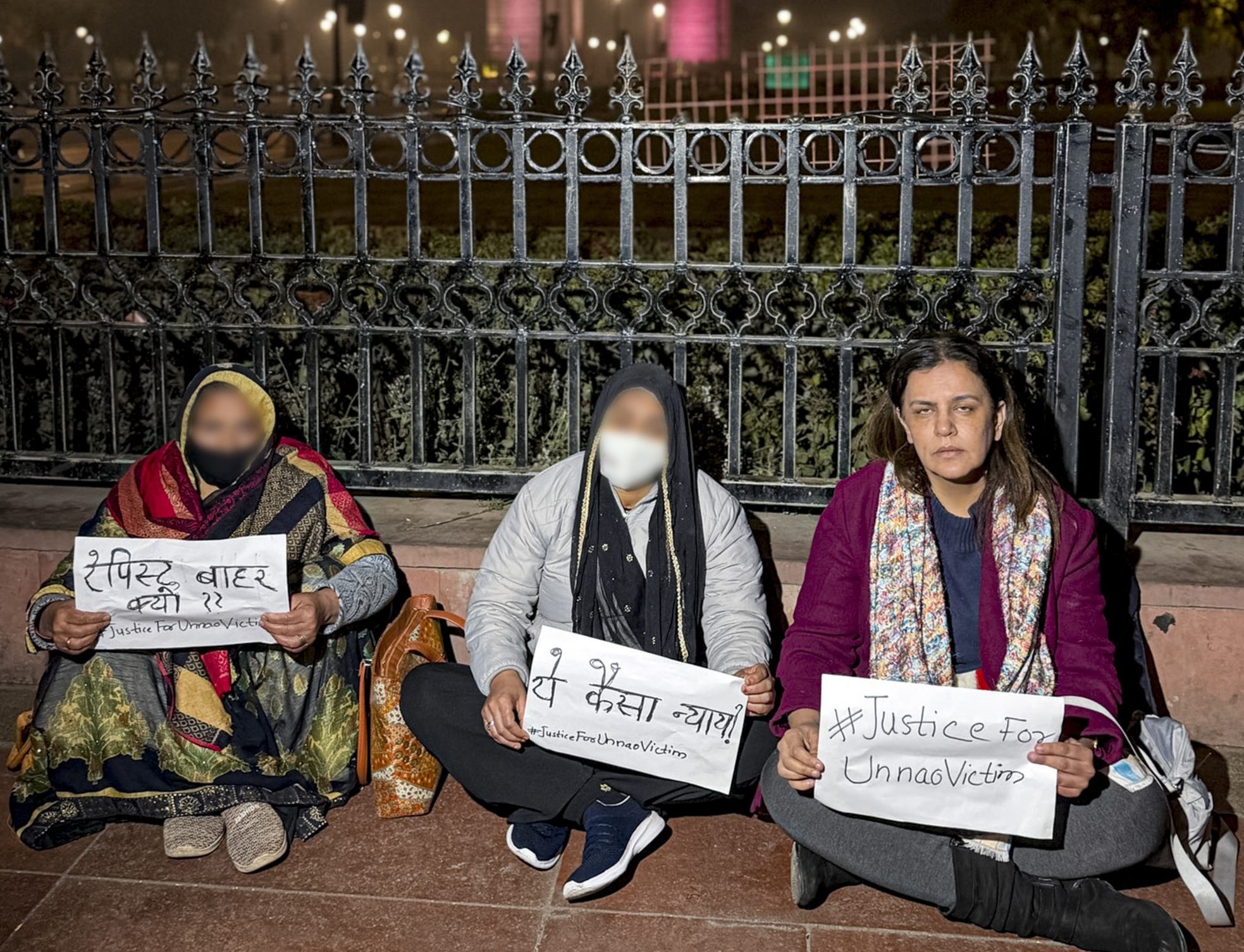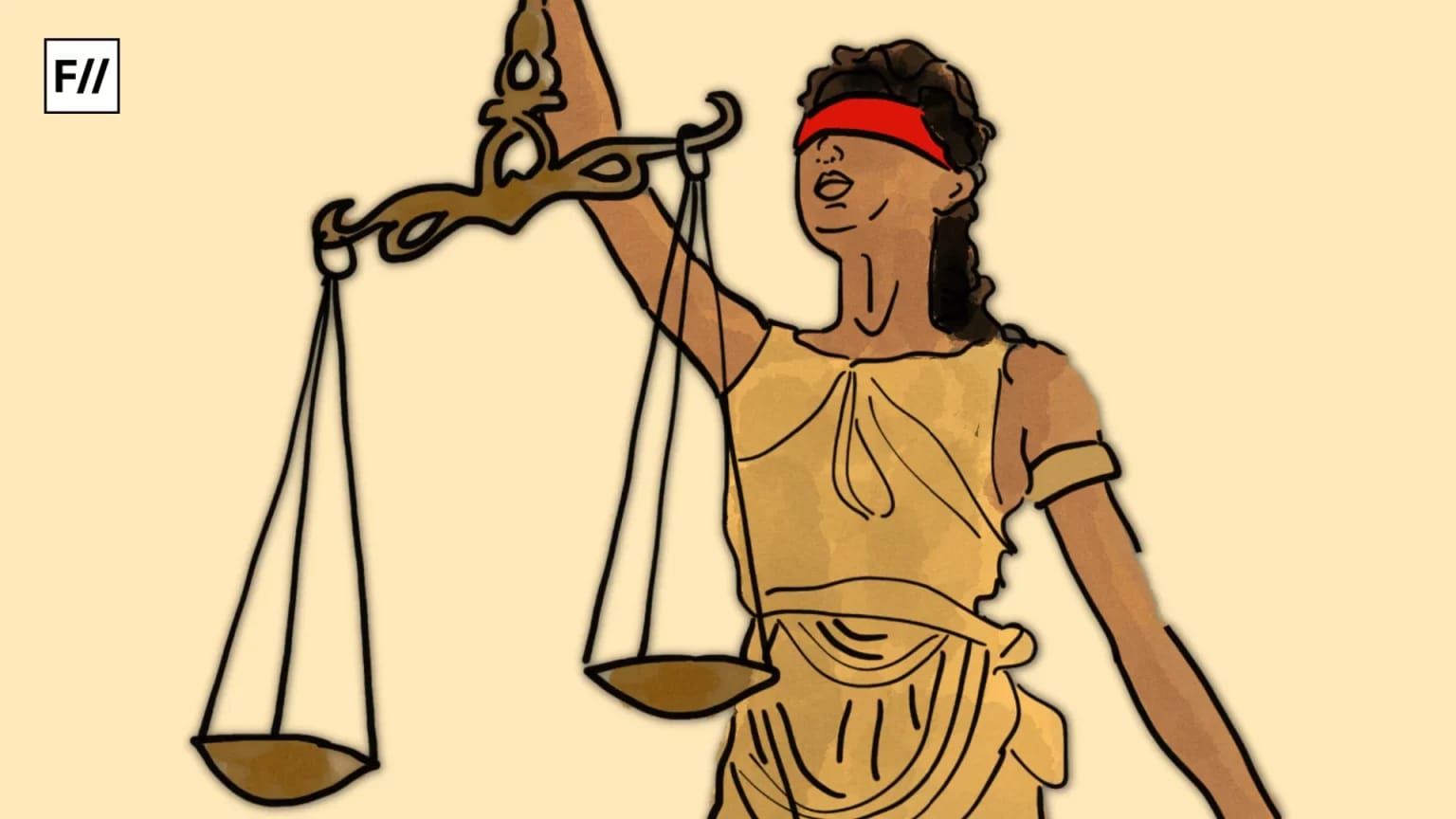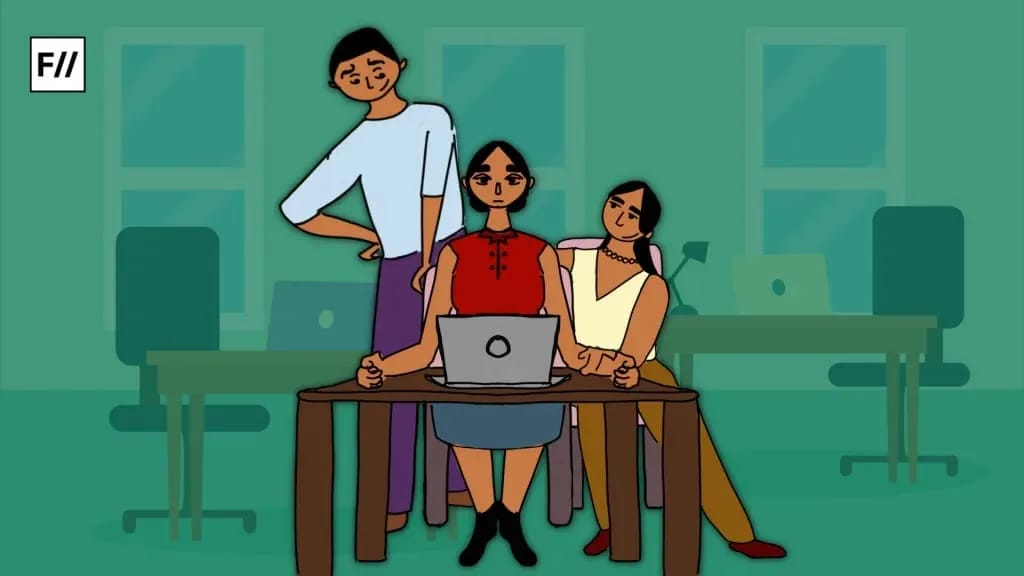While the 91-page judgment in the case of MJ Akbar v. Priya Ramani certainly deserves to be celebrated, some parts of the judgment and some omissions are conspicuously intriguing. Here I point to them in the spirit of constructive criticism.
It is indeed a historic judgment for the Indian #MeToo movement whereby the Learned Additional Chief Metropolitan Magistrate, New Delhi, Ravindra Kumar Pandey acquitted journalist Priya Ramani of criminal defamation after two long years. In his judgment, Judge Pandey unequivocally held: “The woman cannot be punished for raising her voice against the sexual abuse on the pretext of criminal complaint of defamation as the right of reputation cannot be protected at the cost of the right of life and dignity of woman.” This is definitely empowering for women who want to come out with their stories against their abusers. Furthermore, the judgment seems empathetic to the impact of sexual abuse on a woman, and recognises the urgency for action: “The time has come for our society to understand the sexual abuse and sexual harassment and its implications on victims.” After many years, we see the judiciary acknowledging that a man of power and stature could also be a sexual harasser.
However, notwithstanding the above, a portion of the judgment in Priya Ramani’s case seems regressive and in the least unnecessary, inasmuch as it refers to narratives from Hindu scriptures where the woman had to be rescued or saved. Also, the judgment fails to point to what in my view is an important legal aspect of the case filed by MJ Akbar: the misuse of the process of court by indulging in SLAPP (acronym for Strategic Lawsuits Against Public Participation). These two aspects of the judgment deserve to be pointed out even as we celebrate the judgment for its courageous outcome.
Also read: Priya Ramani’s Victory Is A Hope For Many Who Said #MeToo
Misuse of process of law through SLAPP
It is pertinent to note that Akbar was the one who initiated the defamation case against Priya Ramani. Such litigation is commonly known as a SLAPP (acronym for Strategic Lawsuits Against Public Participation), which are lawsuits that are used by powerful persons to silence and intimidate complainants –– in this case, the victim, Priya Ramani. SLAPP cases are typically filed by the accused, or the alleged abuser as seen here, and they are understood as an abuse of the process of law. Even though Ramani did not file a legal complaint in the court but through the popular #MeToo remedy, Akbar’s case was undoubtedly a retaliatory and intimidiatory litigation as a reaction to that. The Indian law has not adequately recognised this concept yet, while SLAPP cases have been on rise lately, such as against independent journalists and media houses who have exposed sharp practices by powerful companies. It is strange that the long judgment fails or omits to make a note of the resort to SLAPP by Akbar and to indict him for that while deciding the case in favour of Priya Ramani. The costs of SLAPP in our justice system and in society in general, apart from the mental trauma to the individual victims of sexual harassment and other kinds of harassment, are huge. In my humble view, the Learned Judge missed an opportunity to draw attention to that.
It is strange that the long judgment fails or omits to make a note of the resort to SLAPP by Akbar and to indict him for that while deciding the case in favour of Priya Ramani. The costs of SLAPP in our justice system and in society in general, apart from the mental trauma to the individual victims of sexual harassment and other kinds of harassment, are huge. In my humble view, the Learned Judge missed an opportunity to draw attention to that.
Paradox of reference to religious scriptures
It is also baffling that towards the end, and after referring to the progressive international Conventions and Declarations, the otherwise bold and progressive judgment refers to the Hindu scriptures, Mahabharata and Ramayana, to urge for greater understanding and respect for women in our society. The judgment thereby could have the effect of glorifying Brahmanical paternalism and in turn patronising women. It notes that: “In the “Aranaya Kand of Ramcharitmanas”, a reference of noble tradition of protecting, respecting and promoting the dignity of women is found, and it refers about noble ‘Jatayu’ (the mythical bird) when witnessed the crime of abduction of princes ‘Sita’, he came swiftly to protect princesses Sita and consequently his wings were cut down by Ravan, the abductor of the Sita.” While there are several other issues too in the entire story of abduction of Sita, just the reference here to Sita’s rescue by Jatayu is in fact an approving allusion to patriarchal protectionism towards women, the exact opposite of recognising their agency and protecting, respecting and promoting their dignity.
It is also baffling that towards the end, and after referring to the progressive international Conventions and Declarations, the otherwise bold and progressive judgment refers to the Hindu scriptures, Mahabharata and Ramayana, to urge for greater understanding and respect for women in our society.
There is also an observation, again unnecessary, that seemingly endorses the mythological scriptures as being sensitive to women, and which could show the right path to the modern-day India : “It is shameful that the incidents of crime and violence against women are happening in the country where mega epics such as “Mahabarata” and “Ramayana” were written around the theme of respect for women. In “Balyamiki Ramayan, the reference of great respect is found, when Prince Laxman was asked to describe about Princesses Sita, he answered that he remembers only her feet as he had never looked beyond that”.
In the same passage, it is observed: “Similarly, in “Sabha Parv of Mahabharta”, the reference is found about the appeal of queen Dropati for justice to the Kuru Raj Sabha and she questioned the legality of her treatment of being dragged by Duhashana into the dice hall. The subtlety of the questions, asked in a situation of intense personal trauma, is indicative of her cerebral power and her ability of sharp and logical analysis.”
Also read: From Allegations To Resignation: A Timeline Of MJ Akbar’s Case
Both the above observations from Ramayan and Mahabharata could be seen as portraying the woman patronisingly. To say the least, these observations were unnecessary, and in fact this adds a regressive note to the judgment. Especially in the current political environment of rising Hindutva nationalism, which is creating a hostile environment for Indian women, the reference to these mythological Hindu texts by a court of law is troubling.
Systemic Changes
This judgement in Priya Ramani’s case has given occasion to a much-needed conversation about Anti-SLAPP laws in India. SLAPP and especially retaliatory defamation lawsuits have become a tool to silence and suppress, and to cast a wider chilling effect. Such vicious litigation attacks the basic right to freedom of speech and expression. As a New York Supreme Court Judge notably said regarding SLAPP, “Short of a gun to the head, a greater threat to First Amendment expression can scarcely be imagined”.
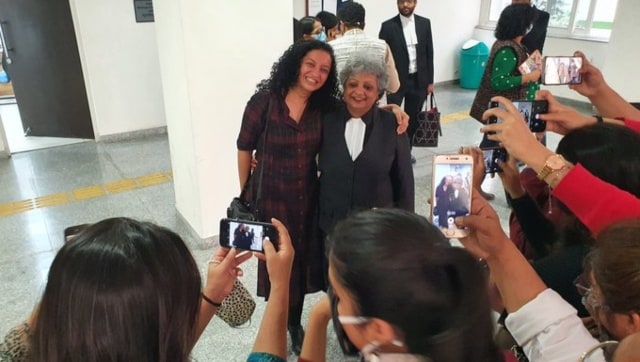
This case was a remarkable win for this reason among many more. Priya Ramani could have been intimidated, silenced, and scared by this defamation suit by a person of immense influence such as MJ Akbar. However, she courageously fought and stood her ground. The court’s clear vindication of her case must certainly be celebrated. She could have simply been exhausted under the browbeating by a powerful adversary, the burden of legal costs and fear of stigma and public opinion. Instead, the judgment consolidated Priya Ramani’s position as a beacon of hope for women all across our country.
“The Indian women are capable, pave the way for them to excel, they only require the freedom and equality,” the Learned Judge has eloquently stated in the judgement. This verdict would have been even more robust had the Learned Judge held back the unnecessary reference to patronising religious scriptures, and in its place indicted the ill-conceived and malicious resort to SLAPP.
Aayomi Sharma is currently a student at the O P Jindal Global Law School, especially interested in using law as a tool for advancing equality and social justice. She can be found on LinkedIn, Instagram and Facebook.
